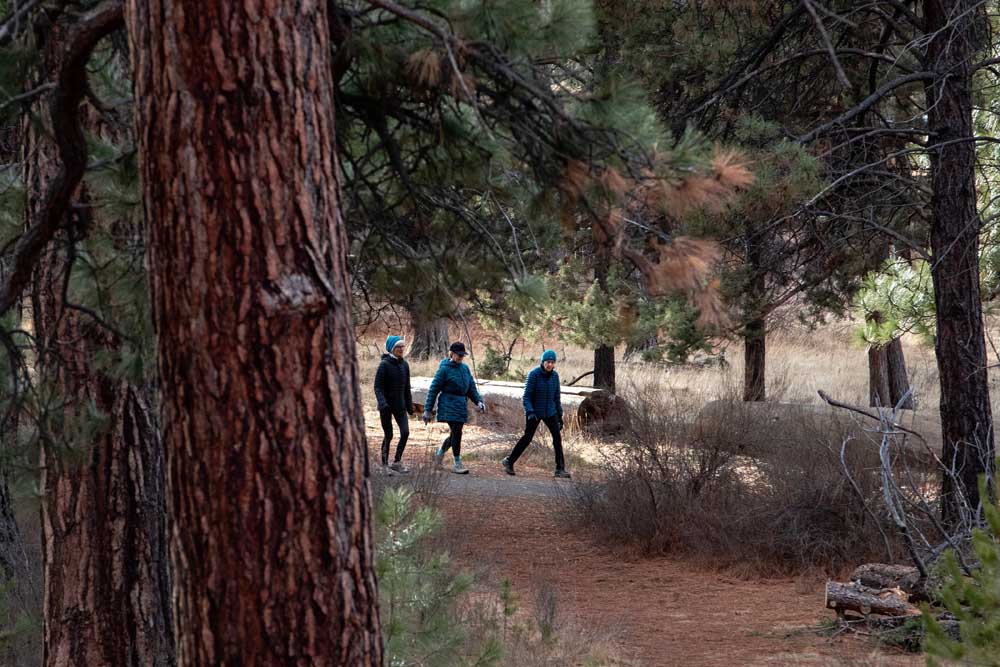Editorial: When you fall on a trail, whose fault is that?
Published 5:00 am Thursday, January 11, 2024

- People walk this month along a trail through Shevlin Park.
One of the subjects Oregon legislators may take up in February is half outdoorsy, half legal and wholly a head-scratcher.
It’s led to this: The insurer for the Bend Park & Recreation District has recommended that it close trails because of how Oregon’s liability laws are being interpreted.
Trending
Bend parks has no plans to close any trails. But other trails in Oregon have been closed and more may be closed if the Legislature doesn’t make some changes.
The problem arose after a woman slipped on land owned by the city of Newport. She broke her leg.
She was walking her dog on a wooden bridge on the way back from the beach. Could she sue the city for damages?
A state law has protected government and landowners in the past in similar situations with something called recreational immunity. Was the trail covered by Oregon’s recreational immunity law?
If you look at Oregon’s statute, it specifies unimproved trails for recreation. The city of Newport had improved the trail. The woman also argued that her purpose on the trail was not recreation but access to and from the beach. A court ruled the city of Newport could not prevail on recreational immunity.
That court interpretation worried landowners and their insurers. The insurer for most Oregon cities, counties and many other organizations urged closure of trails.
Trending
Don Horton, executive director for Bend parks, told us it’s a concern for public access to trails and what it might mean for its insurance rates. He pointed out access to some trails in Bend is also courtesy of private landowners, such as the Old Mill District and Mount Bachelor Village. Think of what might happen if they closed access — or think of what it might mean for the possibility of future trails to be created that cross private land.
The Oregon Recreation & Park Association is working with legislators on a change in the law. It could make it clear it covers improved trails and make it clear that traveling along a trail is also a recreational activity. It is not seeking language that would excuse negligence.
The Oregon Trial Lawyers Association doesn’t believe any change is necessary. Recreational immunity is not required, it says. A jury can decide if damages are warranted, rather than a case being summarily dismissed because of immunity.
If the issue is negligence, we don’t have a problem with a member of the public being able to seek just compensation. But generally, when people hit the trail, they should do it at their own risk.








